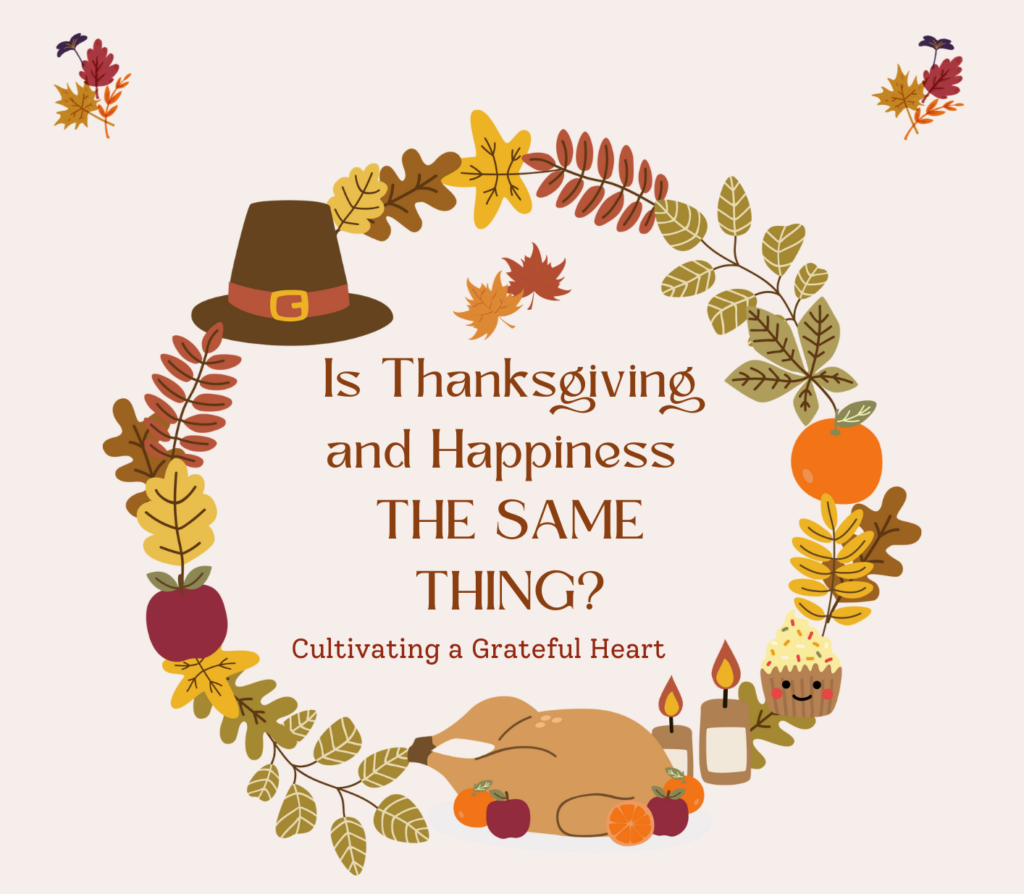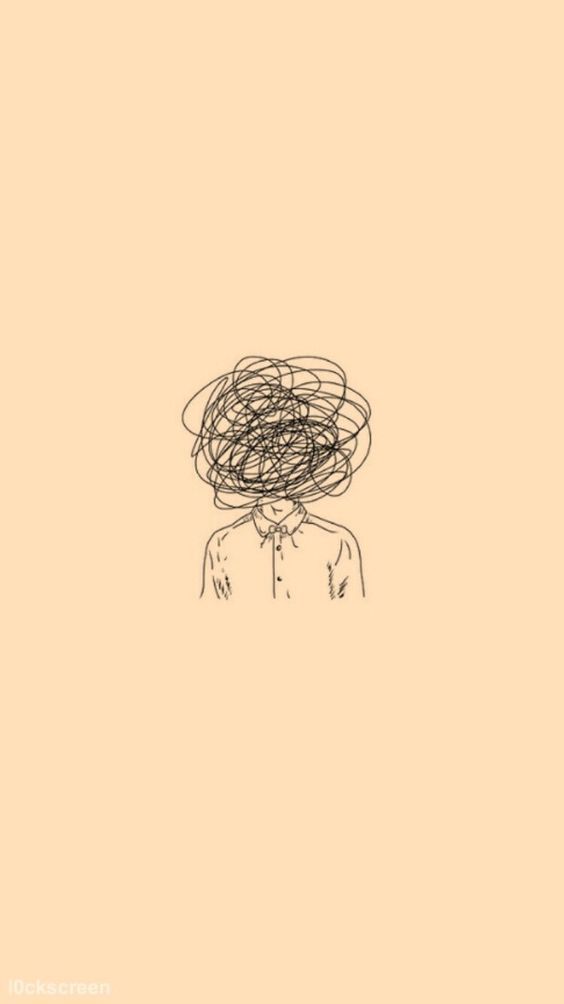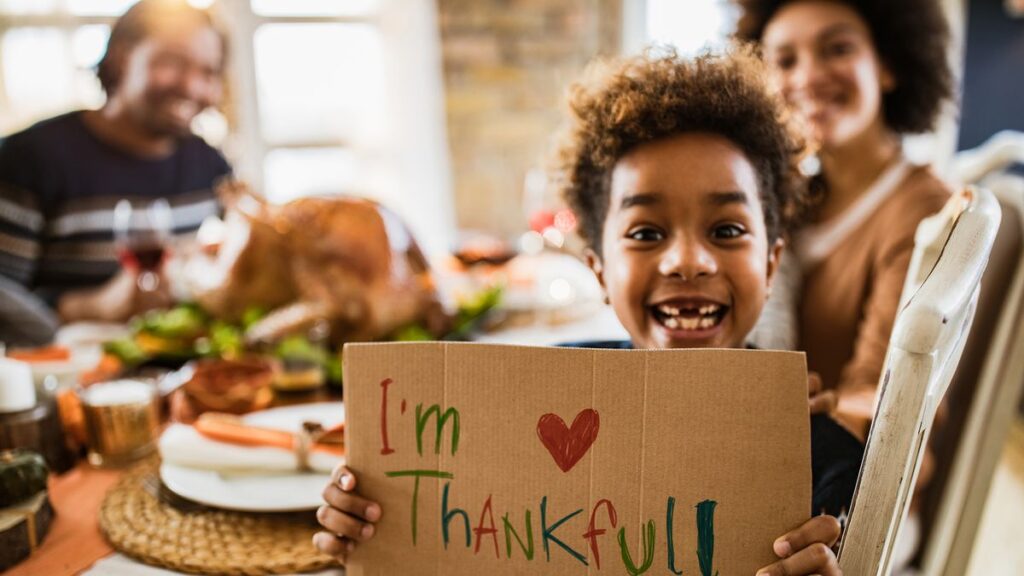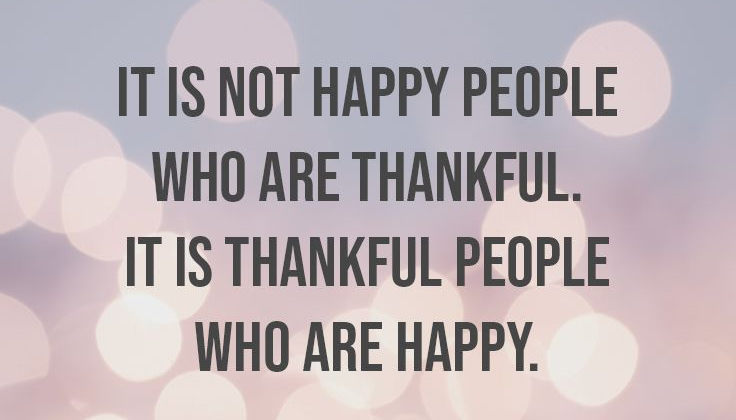Is Thanksgiving and Happiness the same thing? Cultivating a Grateful Heart.
- Rick J Petronella PhD
- Nov, 17, 2023
- Newsletter
- No Comments
Dr. Rick Petronella

November 2023 Newsletter
Is Thanksgiving and Happiness the same thing?
Cultivating a Grateful Heart.
We often fall into the trap of focusing on our problems when we are in challenging
situations. When we place our focus on our difficulties, we can become full of sarcasm
and pain. It isn’t easy to see anything good going on in our lives during those times. We
talk more about what we are going through instead of ways to navigate the situation.
There have been several seasons when life wasn’t going the way we planned. We are
often frustrated, disappointed, and, at times, just angry. We sit full of questions.
Why is this happening to me? How many times do I have to go through this? When will
things finally start to change?

In order for us to change our perspective, we must cultivate a grateful heart in our
challenging seasons. We can walk through the most difficult seasons with a desire to
look beyond the painful situation. We can choose to be led by seeing the more
meaningful, long-term benefit, or we can be overwhelmed by the circumstances.
The choice is ours.
Question? Can we cultivate a grateful heart when life is difficult?
Yes, it is possible to be thankful even if we are not happy. While gratitude and happiness are
related, they are not the same thing. Thanksgiving is a holiday that promotes gratitude and
appreciation, but happiness is a broader concept that encompasses positive emotions and
overall life satisfaction. You can feel grateful for the things you have but still experience other
negative emotions or challenges that may affect your overall happiness. Gratitude can
contribute to feelings of happiness by fostering appreciation and connection, but happiness
extends beyond any specific holiday or event. It is important to recognize that happiness is a
complex and multifaceted experience that goes beyond gratitude alone.

Having a grateful heart is a quality that can bring joy and contentment to your life. Here are a
few ways to cultivate gratitude:
Pay attention to the present moment and intentionally focus on what you are grateful for.
Take time each day to reflect on your blessings.
Keep a gratitude journal: Write down three things you are grateful for daily. This practice helps
shift your focus to the positive aspects of your life.
Express appreciation: Show gratitude to others by saying “thank you” and acknowledging their
kindness. Small acts of kindness and appreciation can have a big impact.
Count your blessings: Take a moment each day to reflect on the good things in your life. This
can help you realize how fortunate you are. Recognize and appreciate what you have.
Volunteer and give back: Helping others can create a sense of gratitude and appreciation for
what you have. Find ways to give your time, skills, or resources to those in need.
Cultivating a grateful heart is a journey that requires consistent effort and practice. You can
develop a grateful heart and experience the many benefits it brings. Start small, and over time,
you’ll find that gratitude becomes an integral part of your life.
Life can be complicated, but joy… can be simple. As you read this, try to quiet your mind and
slow down each thought; try to reflect on how you may look at being thankful and being joyful.
Is it possible to have only one emotion and not the other?
As we enter this holiday season, many distractions in our lives can rob us of missing all that we
have to be grateful for. Yes, there are many reasons to remain frustrated or reasons to justify
your resentments. But what we have to consider is what we gain from this. Nothing good
comes from it. Often, more inner conflict or unresolved hurts tend to rob us of joy. When we
adopt an attitude of thankfulness, we can let go of the hurts that often rob us of the peace or
even happiness we long for.
A thankful attitude is a healthy attitude. As life throws us twists and turns, it causes out-of-
control emotions. Yet, our attitude is all we have control over.

Thanksgiving Letter
Dear Compass Family,
As Thanksgiving approaches, I want to take a moment to express my heartfelt gratitude for each and every one of you. This year has brought challenges, but it has also reminded us of the importance of love, connection, and the support of those we hold dear.
As many of you may be aware, our Compass Consulting office had a fire just one year ago. There continues to be legal implications that have kept us from re-opening a new office. It is our desire to re-open an office in the near future. This has been a challenging year but a meaningful one. Thank you for being so patient. I have and will continue to see people remotely; Charity Simpson and Bethany Kinzel are seeing clients remotely and in temporary offices. Please call our offices if you would like to meet with them.
May this Thanksgiving be a time of joy, reflection, and togetherness. Let’s appreciate our blessings and share in the warmth of our friendships and family bonds. Whether we’re gathered around the table or in each other’s thoughts from afar, know that you hold a special place in our hearts.
Wishing you a Thanksgiving filled with love, gratitude, and the company of those who make your life brighter.
With Much Gratitude,
Dr. Rick
“Finally, brothers and sisters, whatever is true, whatever is noble, whatever is right, whatever is pure, whatever is lovely, whatever is admirable—if anything is excellent or praiseworthy—think about such things. Whatever you have learned or received or heard from me or seen in me—put it into practice. And the God of peace will be with you.” Philippians 4: 8-9
Quiz: How Well Do You Cope with Disappointment?
Disappointment is that feeling of being let down by a person, an expectation, or a hope. It is a normal response that everyone experiences. But all too often, when we’re disappointed and especially need caring attention, we only see things negatively.
Take this quiz to see how well you care for yourself after a disappointment.
Circle your answers.
True or False 1. I recognize that disappointment is a part of life. When I experience disappointment, it doesn’t mean I’m a bad person or that I deserve it.
True or False 2. When I have suffered a disappointment, I let myself have my feelings. I realize that when you give feelings the time and attention they need and deserve, they tend to fade on their own.
True or False 3. With a therapist or in another safe setting, I work through other feelings that disappointment brings to the surface. These feelings often include shock, hurt, and anger.
True or False 4. While the feelings of disappointment are fresh, I avoid any conclusions about my behavior or role in the situation. Self-analysis has its place, but in the early stage, it’s more likely to be destructive self-recrimination.
True or False 5. I take steps to prevent disappointment from turning into depression or bitterness. These include eating healthfully, getting plenty of sleep, exercising, and seeking support from family and friends.
True or False 6. I don’t make major life decisions until my strong feelings subside and I begin to feel some enthusiasm or hope again.
True or False 7. If I am disappointed by a person, I don’t reflexively end the relationship. When I feel more centered, and if the situation is safe, I enter into a dialogue with the person.
True or False 8. When the intensity of the feeling has faded, I ask myself if there’s anything I can salvage or learn from the situation.
True or False 9. Also, when I am feeling more hopeful, in order to gain insight, I ask myself, “What if this is not a setback, but actually what I want?” Among other things, my response will reveal any ambivalence I may have had and may help make future endeavors more successful.
True or False 10. If I am repeatedly disappointed by life or other people, I am willing to consider what actions or beliefs of mine might be contributing to those experiences.
Disappointment doesn’t have to stop you from getting what you want in life. If you answered false to several of these, you may want to explore ways to better cope with disappointment. Please don’t hesitate to call. 678-395-7922